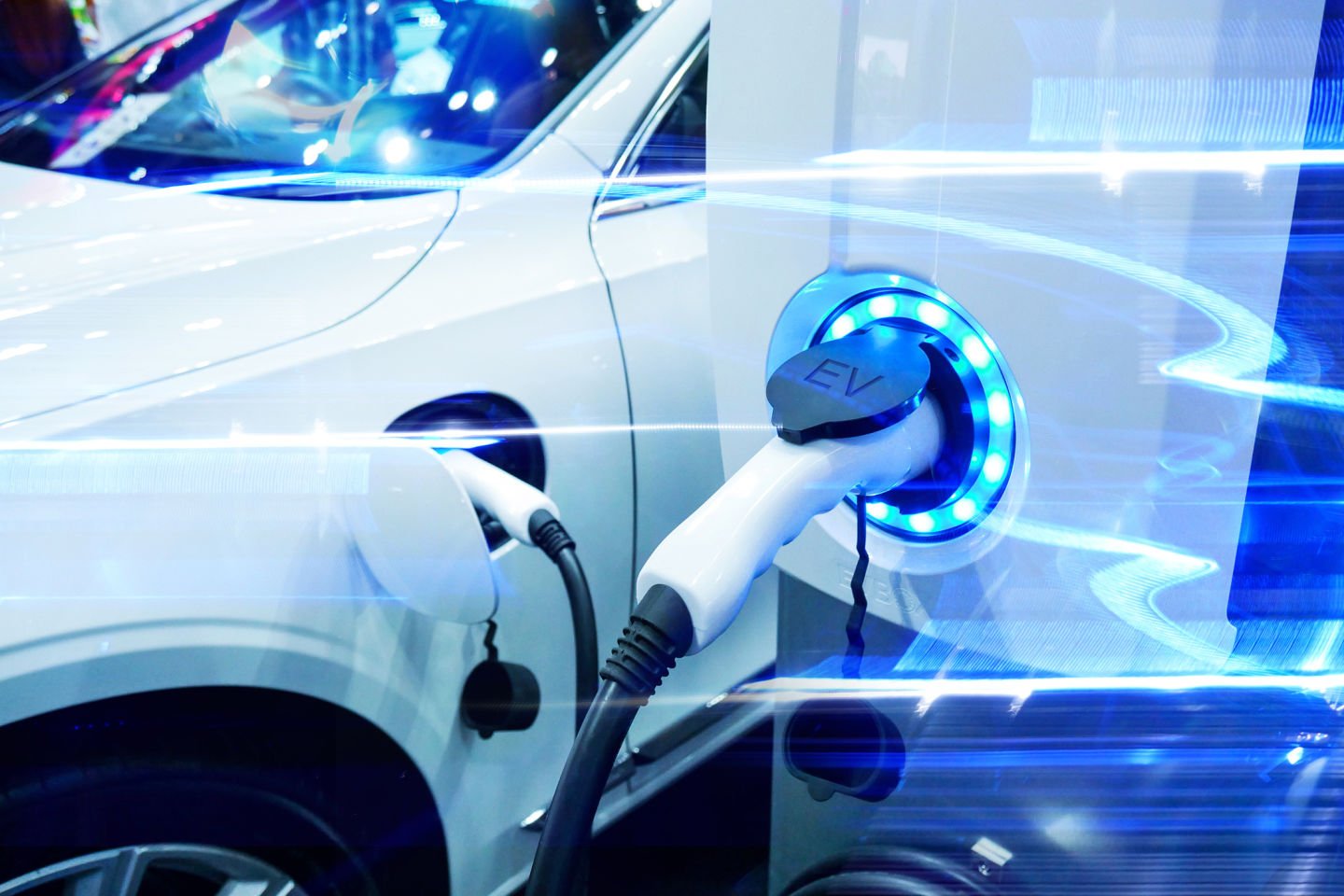Is now the right time to invest in an electric car?
Record-high petrol prices are causing many Australians to think about switching to electric – but with entry-level electric vehicles costing upwards of $45,000 are they a good choice for older Australians?

Recent research from Carsales.com.au shows the majority of Australians are ready to make the shift to electric and want their governments to help make it happen.
Key takeaways from the research:
- 54% would consider purchasing an electric vehicle as their next car.
- 49% see themselves driving an electric vehicle in 2030.
- 40% would be encouraged to purchase an electric vehicle if government subsidies were available to assist with the initial purchase cost.
- 50% would pay more for an equivalent electric vehicle compared to petrol/diesel.
- 92% agreed public charging infrastructure was important in encouraging them to buy an electric vehicle.
- 55% indicated they would power their electric vehicle via solar panels.
The main factors encouraging the purchase of an electric vehicle are running and maintenance costs, safety features, driving performance, and environmental footprint. The leading factors discouraging a purchase include costs and accessibility of charging infrastructure.
The most notable benefit of electric cars is that they never need any petrol or diesel and do not contribute to air pollution. Electric cars also benefit from the convenience of home charging. They require less maintenance than a conventional car, as there is no need for engine oil or transmission fluid changes.
The main disadvantage of electric cars is that they have a shorter range than petrol or diesel models and they take time to charge up. However, most daily driving and average commute distances in city and urban areas are well within the range of many electric vehicles. With charge stations becoming commonplace, it’s becoming easier and more practical to drive electric cars.
During acceleration and constant speed driving, the electric motors consume energy from the battery. When slowing down or braking, the motor then acts like a generator and feeds electrical energy back to the battery. This partly recharges the battery to maximise the vehicle's range.
Electric vehicles are subject to the same active and passive safety regulations and Australasian New Car Assessment Program (ANCAP) protocols as conventional petrol and diesel vehicles. Electric vehicles are also required to meet extra regulated safety standards for high voltage systems.
Electrical cars are charged by connecting a cable with plugs between a charger and the charge socket on the vehicle. This can be done at a public charging station, at home using a home charger, or by using a standard 3-pin 10A plug charger.
You can also charge electric cars in the rain without risk to people near the charger or the vehicle itself. The charging system and cables are all tested to ensure they can be used in the rain.
Many electric vehicle owners have solar power in their homes, which can significantly reduce the cost to charge and run it.
Like a petrol or diesel vehicle, the car will eventually stop if the tank runs out of fuel, so an electric vehicle will stop if the battery runs out of charge. Electric cars provide information to the driver about predicted range and also provides increasing warning levels as the charge in the battery gets low.
No, in electric vehicles there are significantly fewer moving parts and systems, so maintaining them is easier and less expensive. For example, a traditional combustion engine has hundreds of moving parts, whereas an electric motor typically has just two. With increased complexity comes increased costs. An EV can save you money short term on fuel, while making life even more convenient over the long term on maintenance.
Electric cars can be charged at any charging station, if there is a compatible connector and as long as you have an account with the charge point provider. There are some public charging stations owned by specific manufacturers, however, these can only be used by vehicles from that manufacturer.
There are a number of third-party applications that can be downloaded on smartphone devices such as the plugshare app, which are regularly updated with latest charging stations, charging station type and location. There are also applications from the charging companies themselves, such as Chargefox, which can also provide live status information about charging stations.
The cost of electric cars may be out of reach for many seniors, with entry-level models beginning at $45,000 – but there are government incentives and interest-free loans available.
While the up-front cost is high, running costs for electric vehicles are significantly lower than petrol vehicles. Energy company AGL finding it was $1,346 cheaper on average to run an electric vehicle than a petrol one (depending on the owner’s location and whether solar panels were used to charge it).
All major automakers have signalled the future is electric, and with technology improving every day, electric vehicle prices are expected to continue dropping over coming years as more manufacturers enter the market and consumer demand increases.
As with any big financial decision, we recommend speaking with a financial advisor to see if it’s the right choice for you and your circumstances.
Sources: MG, Carsales.com.au, & The Guardian










